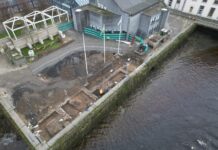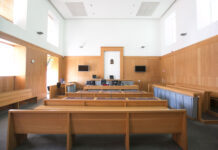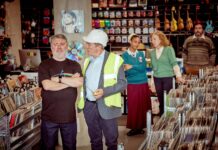by Alan Jacques

LIMERICK Institute of Technology (LIT) is leading the way in research activity.
In 2010, the Controlled Environment Laboratory for Life Sciences (CELLS) research group was established by principal investigator Michelle McKeon-Bennett within LIT’s Department of Applied Sciences.
CELLS utilises controlled environment technology and techniques developed by NASA to support long duration space missions to address the demand for safe, healthy high quality food and safe, naturally derived health treatments.
In 2011, Professor Gary Stutte joined the CELLS research group as a research fellow and supported an experiment on board STS-135, the final mission of NASA’s Space Shuttle programme.
The CELLS laboratory has achieved international recognition for its research in a short time, having prepared and launched an experiment to the International Space Station from Kennedy Space Centre and is partnering with the German Space Agency on a three-year, €4.5 million European project design to test a large scale food production systems for long duration space missions.
If proven in space, the application may also be replicated on earth, potentially leading to a major breakthrough for sustainable farming of crops in harsh environments, and reducing the use of synthetic fertilisers on earth. Additionally, the research could lead to crops such as peas, radishes and lettuces, being grown in space.
This is the first time an Irish institution has been a leader and principal investigator in an experiment to the International Space Station.
“This is new frontier research at its best as it is essentially trying to explore ways of assisting humankind. We could be advancing the building of space farms of the future arising from this research,” Professor Stutte told the Limerick Post.
CELLS provides resources for principal investigators, post graduate students, and visiting scientists to exploit these space-age technologies to increase the production of high value products for natural sources.










